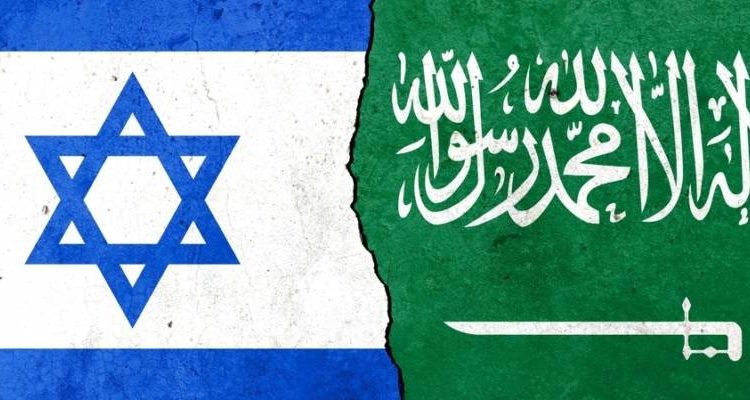Despite the Palestinian Authority’s absence, the White House holds a conference on Gaza aid with Israel and leading Arab States in attendance.
By: Steve Leibowitz, World Israel News
Despite its White House venue, the significance of a “Gaza Aid” conference on Tuesday went largely under the radar, barely noticed in international media. Israel was in the midst of a now-resolved coalition crisis, leaving the gathering under-reported in Israel itself. The meeting was called by President Trump’s Middle East coordinator Jason Greenblatt, and attendees included top security officials from Saudi Arabia, Qatar, Bahrain, Oman, the United Arab Emirates and Israel.
Also attending were officials from Egypt, Jordan, Canada and various European countries. The Palestinian Authority was invited, but chose not to attend because they are still boycotting anything related to the US after Trump’s Jerusalem declaration.
The event marked an unprecedented moment for Israeli diplomacy, as Jerusalem interacted with Arab states with which it has no diplomatic relations. The last time that Israeli and Arab officials were in the same room together in common purpose was at the Madrid Peace conference in 1991. This was the first time the White House ever hosted an event of this nature.
Greenblatt was disappointed by the PA’s failure to attend. In an opening statement to the conference he said, “We regret that the Palestinian Authority is not here with us today. This is not about politics. This is about the health, safety and happiness of the people of Gaza, and of all Palestinians, Israelis and Egyptians. As you know, we are here today to consider ideas on how to address the humanitarian challenges in Gaza – a topic that has long been at the forefront of all of our minds.” The US envoy emphasized the need for health aid, electricity, clean water, food security and employment in the coastal strip.
Lenny Ben David from the Jerusalem Center for Public Affairs told WIN, “This conference is very important for many reasons. Attendees included Arab countries without formal relations with Israel. The Palestinians stayed away, and tried to convince Arab states to do the same, but they have declining influence, and their pleas were ignored. The Arab states attended because Trump invited them, and he has a great deal of influence. I doubt they would have come if the invitation came from President Obama. But there is a new sheriff in town, and they feel beholden to him because he is standing up to Iran.”
How would funding be delivered?
According to Ben David, “If aid funds are raised, the main issue will be how it will be delivered. This can be viewed as the start of an ‘Arab Mandate’ for Palestine. Since the Palestinians cannot administer the aid without corruption, the Arab states must have on the ground supervision of the assistance and that includes coordinating with Israel.”
Ben David explained, “There must be Arab League or some other group making sure the assistance is delivered and not diverted. The UAE and Qatar already do this with their countries’ aid money.”
“Israel must be involved with the logistics and access to electricity. In addition, there can be joint projects near the border like there were at the Erez crossing until the Gaza disengagement in 2006,” Ben David said.
David Bedein from the Center for Near East Policy research, an expert on UNRWA, said that Israel’s main role should be to make certain that any new aid reaches the population and is not diverted by Hamas. “Arab nations are rightly concerned that there is no accountability. Israel must stand up for complete transparency, especially when it comes to funds that go to UNRWA. The supervision of the funds is the key because no problems will be solved if the aid money is handed to Hamas,” said Bedein.
Greenblatt emphasized , “None of this will be easy and, everything we do must be done in a way that ensures we do not put the security of Israelis and Egyptians at risk– and that we do not inadvertently empower Hamas, which bears responsibility for Gaza’s suffering.”
The US envoy also emphasized American efforts to compel Hamas to return IDF soldiers held in Gaza, as well as the missing Israeli civilians as “a pressing humanitarian concern.”
He told the conference attendees, “I hope that I can count on all of you to work with me on this important humanitarian situation as well.”
In a tweet just after the meetings ended, Greenblatt thanked the Israeli and Arab diplomats “for putting all tensions aside to work with us. You left your politics at the door.”





